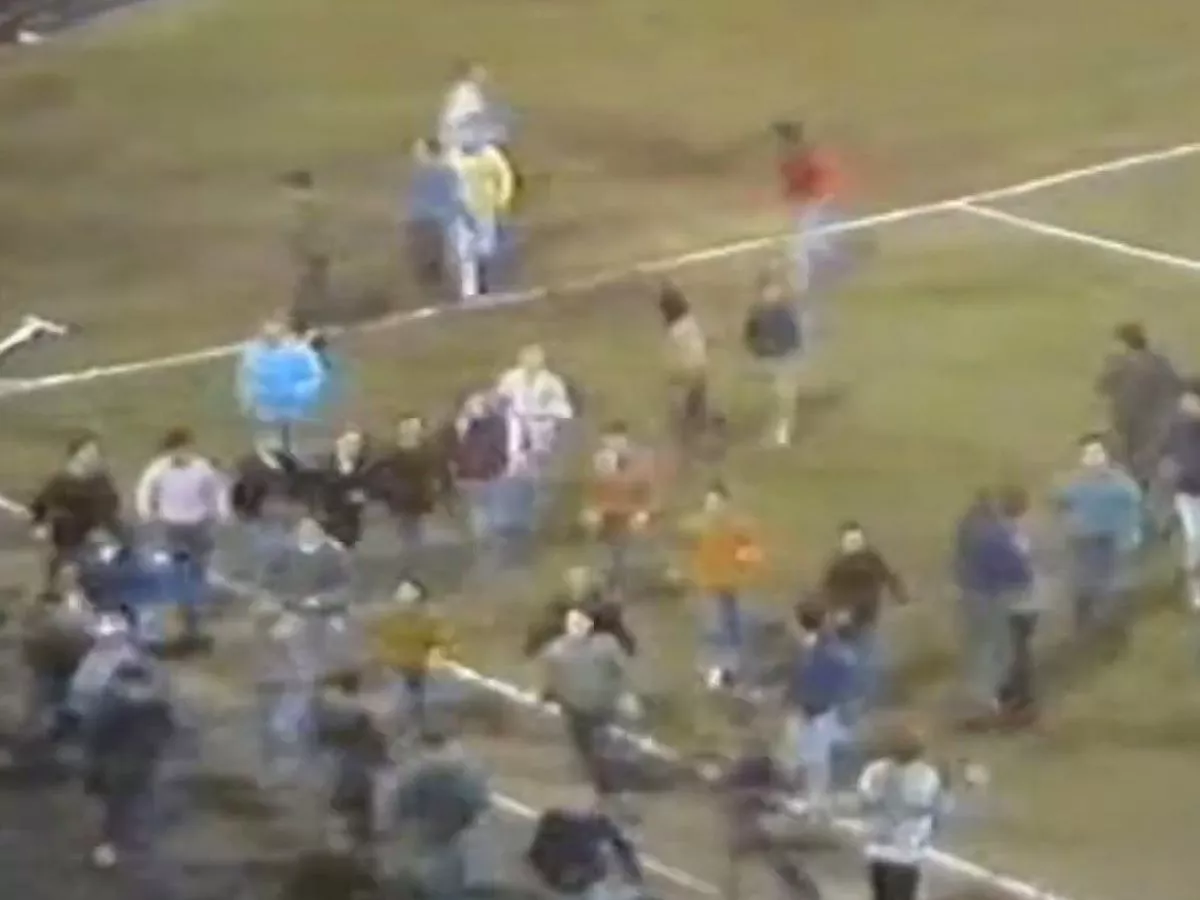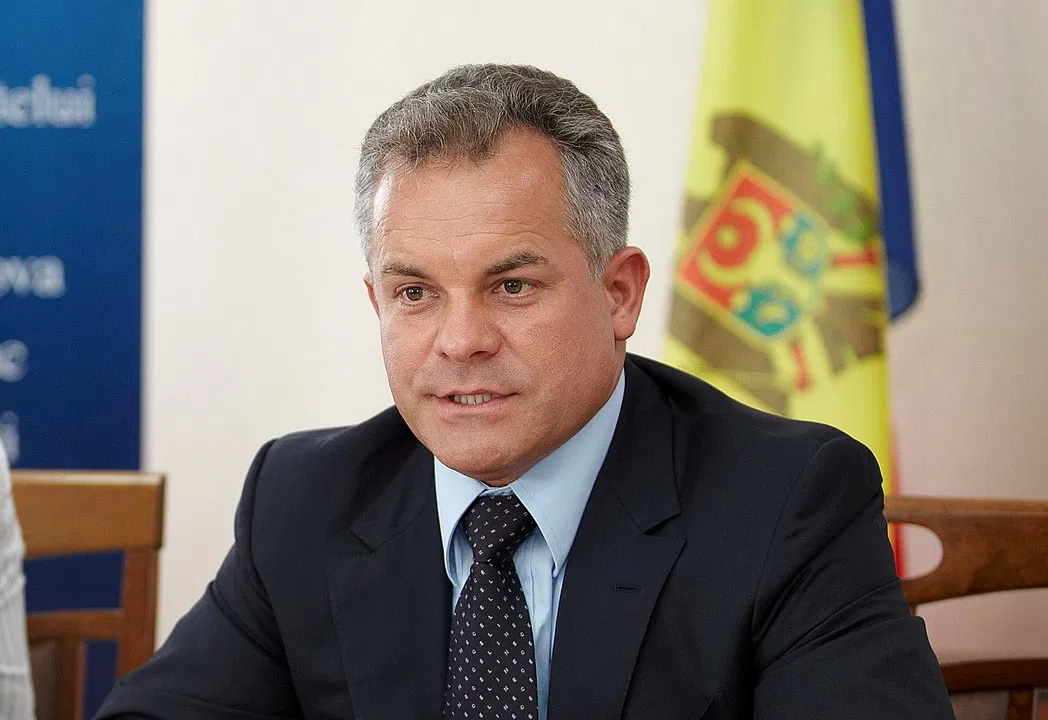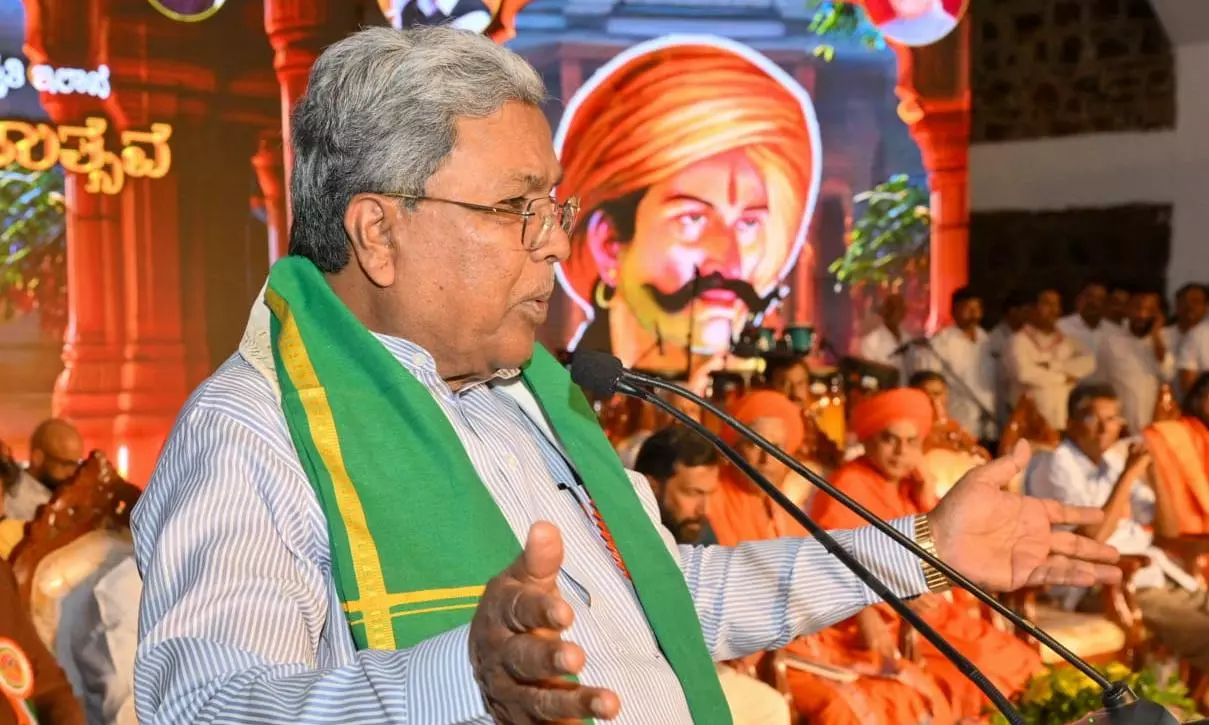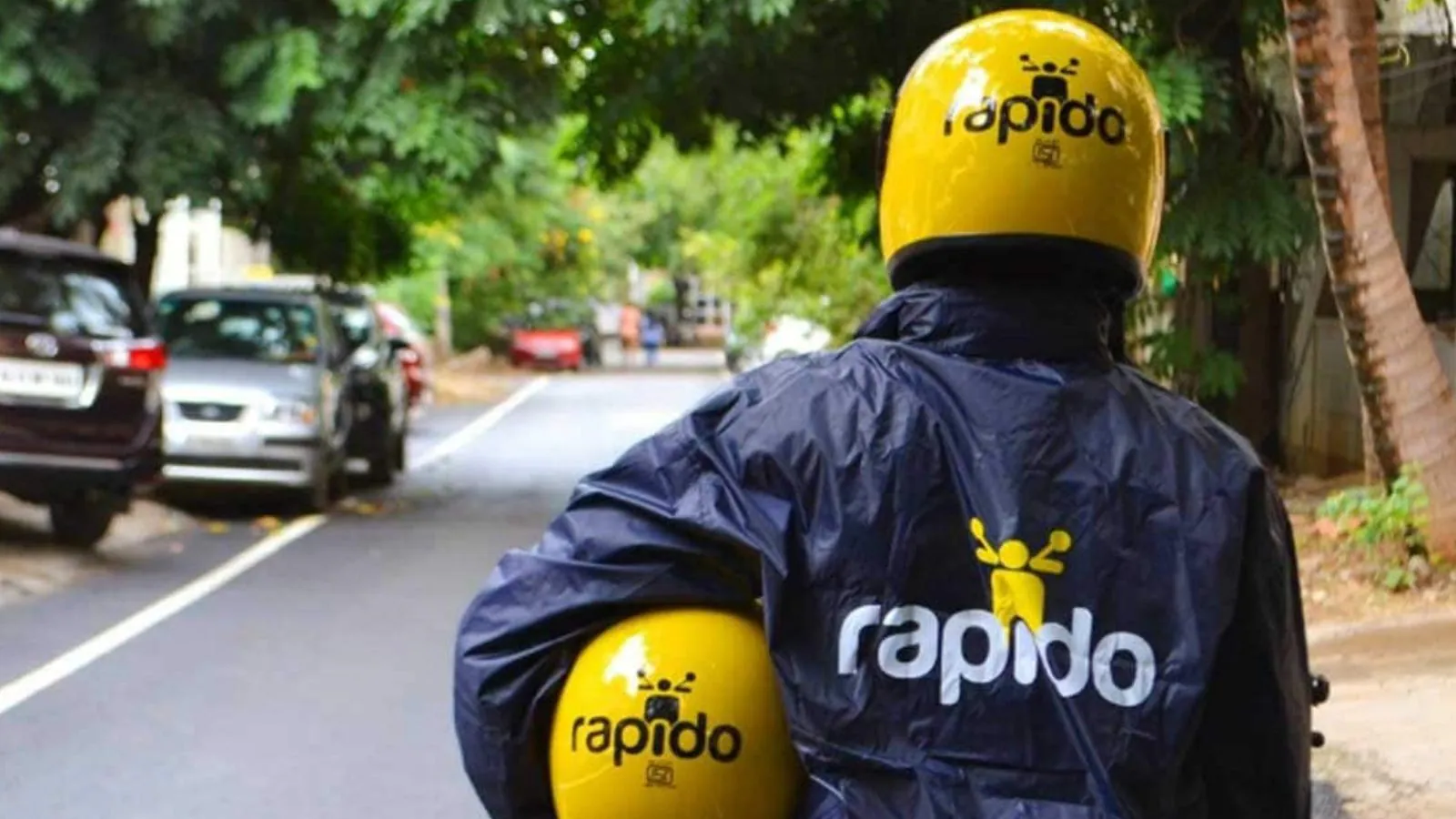Copyright dailystar

This Saturday, Chelsea face Sunderland for the first time since 2017 in a fixture that, to modern fans, doesn't sound particularly blockbuster. But don't be fooled by the lack of recent bad blood - this matchup has a dark, unlikely rivalry rooted in the brutal height of English football hooliganism back in the 1970s and 80s. What started as chaotic clashes on the terraces escalated into one of the most infamous nights of violence in 1985, where Chelsea thugs injured over 20 police officers and targeted a Sunderland player, leading to more than 100 arrests. Astonishingly, however, Chelsea's ever-controversial chairman Ken Bates refused to ban them, opting instead to simply shuffle them further back in the stands. The feud's origins trace back to August 1975, when Chelsea travelled north to face Sunderland at Roker Park in the old Second Division. It was the London club's first game after relegation from the top tier and they were in dire straits financially. Over a thousand Blues fans made the trip north and caused mayhem when they arrived. Led by hooligans known as the Chelsea Headhunters, hundreds rampaged through the city centre, sparking violent scenes outside pubs and on the seafront. It was no better in the ground, with no proper segregation and minimal police presence. Roughly 1,500 Chelsea supporters piled into the open Roker End, only to be ambushed by Sunderland-supporting hooligans - known as the Seaburn Casuals. Fights broke out relentlessly in the Roker End, with groups charging back and forth amid the crowd. Chelsea infiltrators even sneaked into the Fulwell End but were swiftly ejected by home fans. After the match, the violence didn't let up - with Sunderland supporters chasing and attacking the retreating Chelsea crowd. Arrests were made, but the day is remembered as "pure carnage" by those who were there, some as young as 11 or 12, witnessing nonstop brawls from the stands. Retaliation came swiftly in the return fixture in December 1975, at Stamford Bridge. Sunderland, pushing for promotion, faced a vengeful Chelsea crowd. Attacks started on the Kings Road and in tube stations, with minimal segregation allowing infiltrations into the open end. One fan recalled a knife being pulled during the game, leading to an immediate arrest by an observant officer. The match ended in a draw, but outside, Chelsea groups scattered Sunderland supporters, forcing desperate escapes - hiding in parks, cemeteries, or diving into cafes. This back-and-forth set the tone for a rivalry that simmered for nearly two decades, rivalling even Northeast derbies in intensity. But the nadir came a decade later, in March 1985, in the Milk Cup (now Carabao Cup) semi-final second leg. Sunderland held a 2-0 lead from the first leg, and the atmosphere was electric - or rather, explosive. Chelsea struck first through David Speedie, but Clive Walker equalised for the Black Cats just before half time. Walker scored again mid-way through the second half, effectively sealing the tie, before Colin West added a third moments later to put them 4-1 up on aggregate and all but rubberstamp Sunderland's ticket to Wembley. Pat Nevin grabbed a late consolation for the home side, but by then, the damage was done - both on and off the field. After Sunderland's third goal went in, all hell broke loose. Chelsea hooligans, furious at the impending defeat, erupted into a full-scale riot, hurling seats, bottles and other missiles onto the pitch and into the away end. Over 20 police officers were injured in the melee, some seriously, alongside dozens of supporters. One steward suffered a nasty head wound after being struck by a seat that had been ripped out and thrown from the stands. In another shocking moment, a pitch invader stormed the field attempting to punch Sunderland forward Clive Walker, who had to dodge the assault amid the chaos. More than 100 arrests were made that night, including an off-duty Metropolitan Police officer caught up in the violence. Chelsea's then-chairman Ken Bates - who later erected a 12ft-high electrified perimeter fence around the Stamford Bridge pitch to prevent pitch invasions - didn't mince words, branding the rioters "scum" and "animals" in post-match statements. However, in a decision that raised eyebrows across the football world, he refused to impose bans on the culprits. Instead, Bates advocated simply moving them back to the terraces from the seating areas, arguing it would make them easier for authorities to monitor and control. This lenient stance came amid growing national concern over hooliganism and the night's events directly led to a ban on Chelsea fans attending the league fixture at Roker Park later that season. Sunderland advanced to Wembley for their first cup final in 12 years, but the achievement was overshadowed by the violence, contributing to broader government crackdowns on fan behaviour in the Thatcher era. Fast-forward to today and football has transformed beyond recognition - all-seater stadiums, heavy policing and CCTV have tamed the terraces. After several years in the lower league wilderness, Sunderland are back in the big time. They've started the season brightly too, winning four of their first eight Premier League matches, including a 3-0 win over West Ham on the opening day. Against Chelsea, they face arguably their toughest test yet. Enzo Maresca's side are pushing to reclaim their spot back among the country's elite - but injury and disciplinary problems have made them vulnerable, as evidenced by three defeats and two draws in all competitions so far. The Black Cats, who head into the tie level on points with the Club World Cup and Conference League champions, will hope for a competitive clash without the ghosts of the past rearing their ugly heads. But as the teams line up this Saturday, fans on both sides might spare a thought for the wild days when a simple football match could ignite a feud that burned for generations. Let's hope this latest clash is remembered for goals, not goons.



